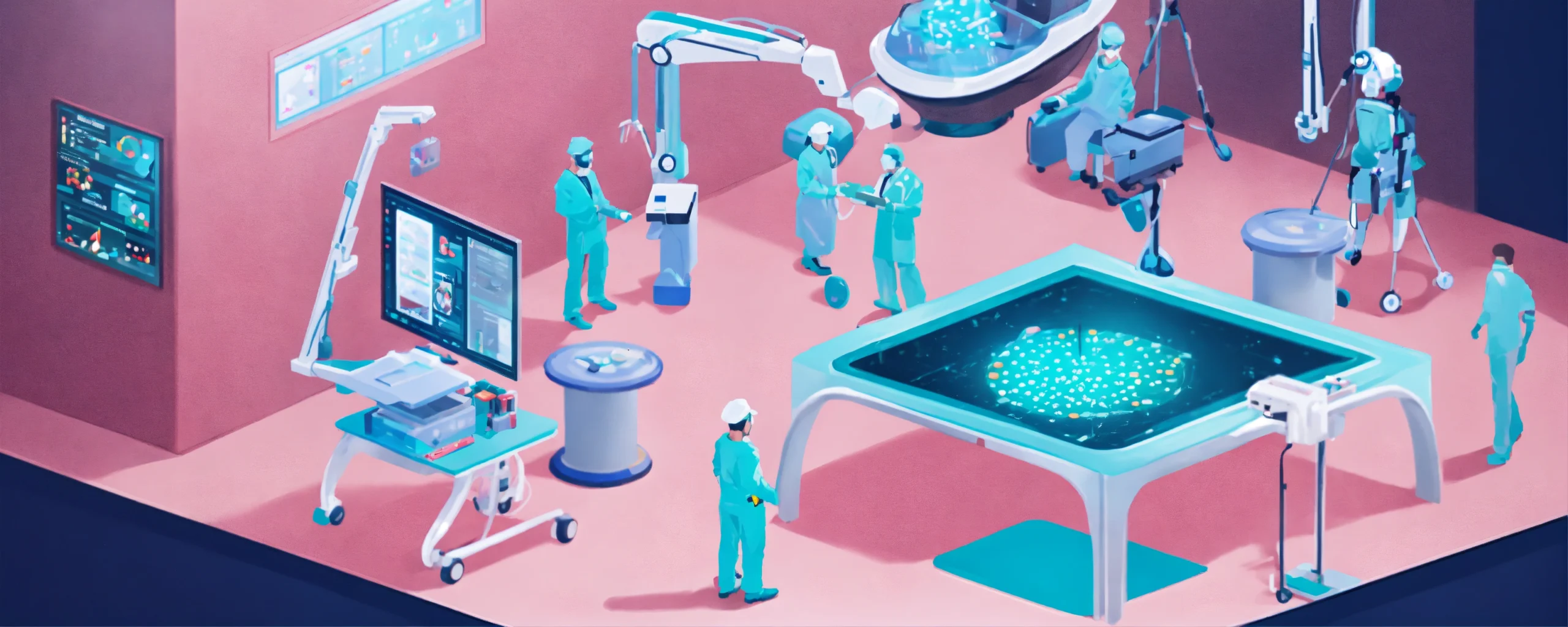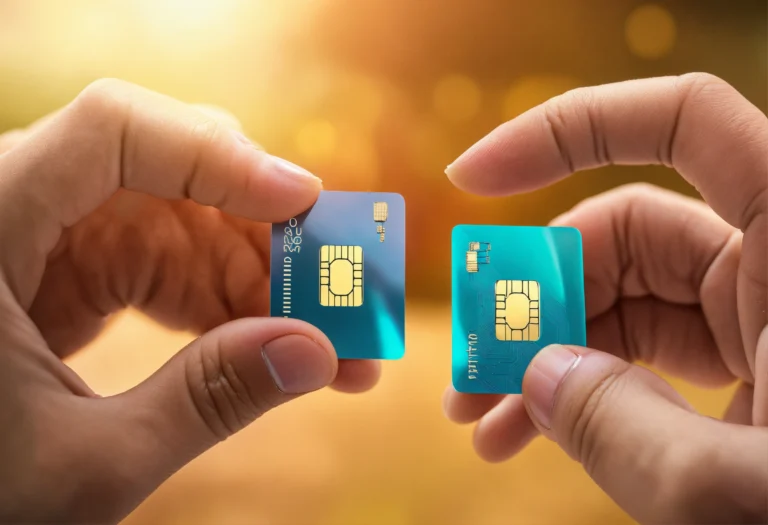With the rapid advancement of technology, the implementation of RFID (Radio Frequency Identification) in healthcare has become increasingly important in enhancing patient safety and operational efficiency. This innovative technology allows you to track and manage assets, ensuring that healthcare providers can deliver the highest quality of care.
RFID works through the use of tags attached to objects, which can be read by a nearby RFID reader. These tags store information about the specific item, whether it be a piece of medical equipment, medication, or even a patient’s wristband. By incorporating RFID technology into your healthcare setting, you can easily access real-time data, streamlining workflow and improving overall patient outcomes.
One of the primary benefits of RFID in healthcare is enhanced patient safety. By using RFID-enabled wristbands, you can significantly reduce the risk of medication errors. Each wristband contains a unique identifier that correlates with the patient’s medical records. When a healthcare provider approaches a patient, they can scan the wristband, ensuring that the right medication is administered at the correct dosage. This automated process greatly minimizes the chance of human error and significantly improves medication management.
Furthermore, RFID technology enables you to efficiently manage your inventory and assets. Many healthcare facilities struggle with keeping precise track of medical supplies and equipment, often resulting in shortages or excess inventory. With RFID tags affixed to your assets, you can quickly locate items in real time, reducing both waste and unnecessary costs. This not only enhances the efficiency of your operations but also ensures that healthcare providers have immediate access to the tools they need to care for patients.
RFID systems also contribute immensely to asset utilization and tracking. For instance, if you’re managing a busy hospital, knowing where your expensive ultrasound machines or ICU beds are located can save time in critical situations. By simply scanning a tag, you can instantly find out which pieces of equipment are available and their exact locations. This capability can be the difference between life and death in emergency situations.
In addition to improving safety and efficiency, RFID technology can enhance the overall patient experience. By streamlining processes and reducing wait times, you can provide patients with a smoother experience during their hospital visits. The ability to quickly access and verify patient information means less confusion, more personalized care, and ultimately, improved patient satisfaction.
As healthcare continues to evolve, integrating RFID technology becomes less of a luxury and more of a necessity. By embracing this innovative solution, you position yourself at the forefront of modern healthcare, ensuring that your patients receive the safest and most efficient care possible. Whether you’re looking to enhance patient safety, manage inventory better, or improve the overall quality of healthcare delivery, RFID is a game-changing tool that can help you achieve these goals.




